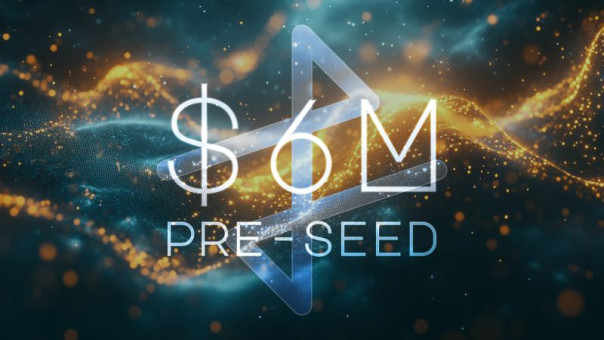Tighter Digital Asset Controls, More Investors Trust
By Vukan Ljubojevic | TH3FUS3 Senior Writer
September 11, 2024 03:14 PM
Reading time: 2 minutes, 0 seconds
TL;DR The Russian Central Bank has announced plans to monitor blockchain-powered digital financial assets in real time. This move aims to reduce regulatory burdens and increase investor confidence. Various firms, including Atomyze, are developing tools to assist the bank in this endeavor.

Central Bank's Big Leap
The Russian Central Bank has announced a groundbreaking initiative. It will start monitoring the blockchain-powered 'digital assets markets' in real-time. According to Vedemosti, the bank will focus its attention on digital financial assets (DFA)** offerings.
Reducing Regulatory Burden and Boosting Confidence
The bank believes that this move will ' reduce the regulatory burden on platform operators and ' increase investor confidence'.
Recently, Russian banks and firms have been enthusiastic about the DFA sector. They have launched a wide range of blockchain-powered offerings. Many are tied to real estate prices, but others are linked to real-world assets, including precious metals.
Real-Time Monitoring in Action
The Central Bank has asked information system operators at DFA platforms to provide online access to their data, including information related to transactions, token issuers, and DFA buyers.
Atomyze, a pioneer in the DFAs sector and a brainchild of the metal mining giant Norilsk Nickel (Nornickel), has already created a tool for this purpose.
According to spokespeople, other notable players like SPB Exchange, CFA Hub, Tokeon, Masterchain, and Lighthouse plan to use the same tool or develop their own.
Successful Pilot with Nornickel
The bank conducted a successful pilot with Atomyze. Kristina Aleshina, Deputy Director of the Russian Central Bank's Financial Market Infrastructure Department, explained that Atomyze developed a 'data dashboard.'
'We currently receive supervisory reports 15 days after the reporting date. But [the tool] lets us see [the data] online daily,' Aleshina stated.
She added that similar letters have been sent to other platforms urging them to consider adopting similar tools. She believes this will benefit everyone involved—the platforms, the Central Bank, and the investors.
Media analysts claim that the new system would reduce risks for the market, especially if one of the operators ceases operations. However, they also noted that implementing such a system would require technological improvements and investments from DFA operators.
The Rise of DFAs
The DFA sector has seen significant growth in Russia. The most popular DFAs function as blockchain-powered bonds. Banks like Alfa-Bank and VTB have issued numerous such offerings recently.
Alfa-Bank alone has released over a dozen DFAs this month. Trading volumes across the sector have ballooned over the past year.
According to Cbonds, volumes increased from **RUB 19.7 billion in August last year to ** RUB 115.8 billion last month. Moscow recently passed a law allowing Russian firms to use domestic DFAs as payment tools in cross-border trade.



